Here are five of the most interesting moments from the history of the Russian Super Cup.
Lokomotiv's double comeback
Lokomotiv Moscow and CSKA Moscow closed 2002 with a golden match, in which the Railwaymen won the league title for the first time, and opened 2003 with a meeting for the first Russian Super Cup. In Cherkizovo, the Armymen took the field as Cup winners. At the end of the first half, they were ahead thanks to newcomer Jiri Jarosik, but seven minutes from the end of normal time, substitute Ruslan Pimenov equalised.
The hosts were close to defeat and in the shoot-out Lokomotiv missed three penalties in a row, but CSKA also only converted one. Pimenov scored a risky fifth penalty with Panenka, and CSKA captain Rolan Gusev could not beat Sergey Ovchinnikov. The Lokomotiv keeper’s next save was decisive: he saved from Deividas Semberas, who, due to disputes among his team, stepped up at the last moment.
Ovchinnikov admitted that for the first time in his career, he saved four penalties in a shootout, but did not consider himself a hero; instead he chose Pimenov. "After coming on as a substitute, Pimenov equalised," the goalkeeper said. “And then scored a penalty in a way that not everyone would have dared. And in general, he played great."
Two years later, Lokomotiv won the trophy again thanks to a penalty in normal time by Dmitry Loskov as the Railwaymen beat Terek Grozny 1-0. The Red-Greens participated in their second penalty shootout in the history of the tournament in 2015, when they lost to Zenit.
Jo scored two club hat-tricks
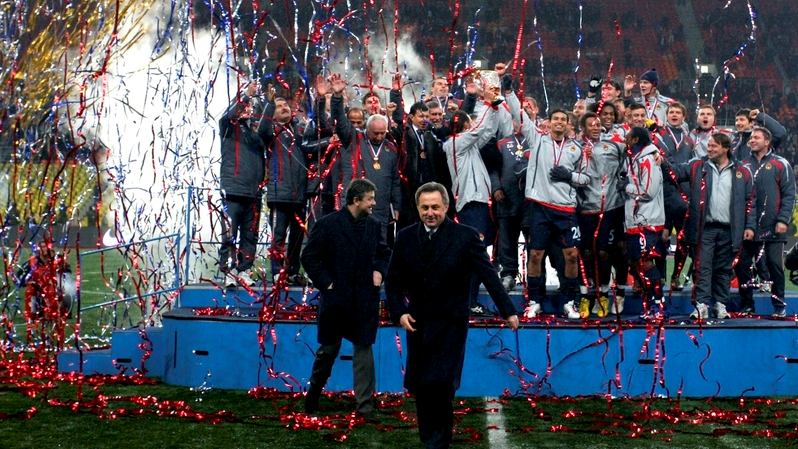
In 2004 CSKA again played at Lokomotiv for the Super Cup, now as the RPL champions, and beat Spartak 3-1 thanks to an extra-time winner from debutant Daniel Carvalho. In 2006 and 2007, the rivals played for the trophy at the Luzhniki as champions and runners up, since CSKA won both the RPL and the Russian Cup. In these derbies, another Brazilian, Jo, scored the decisive goals.
In the first match, the Red-Whites took the lead twice through Egor Titov and Mozart. The Armymen hit back thanks to their wide players Yuri Zhirkov and Chidi Odiah. The winning goal came from the flank as Zhirkov swung a cross into the penalty area, Jo powered an accurate header into the corner, and CSKA won 3-2.
A year later, the teams changed roles. The Armymen took the lead after a quick goal by Vagner Love and a free kick by Sergey Ignashevich, before Spartak pulled back with the help of their youth; Nikita Bazhenov and Dmitry Torbinsky scored, assisted by Artem Dzyuba. Jo was the hero again: first the Red-Blue forward struck with a powerful long-range shot, then from a corner, to make it 4-2.
The Brazilian became the top scorer in the history of the tournament with three goals, while CSKA completed a clean sweep of all three domestic trophies for the second year in a row.
CSKA last to take old trophy, and first to take new one
In 2013, the CSKA defeated Zenit 3-0 to become five-time winners of the Super Cup and keep the trophy permanently. The main role in the victory was played by Keisuke Honda: he scored twice, including breaking the deadlock with a solo effort, while Ignashevich added another. This was despite many saves by Yury Lodygin, who was making his debut for Zenit at the time.
A year later the RPL presented an updated trophy, for which CSKA again competed as champions, against Cup winners Rostov. The Yellow-Blues led after the first half thanks to Hrvoje Milic's goal, but after the break they conceded from Pontus Wernbloom and within two minutes were down to nine men after Aleksandr Gatcan and Guelor Kanga were given their marching orders. The Armymen pressed forward as Zoran Tosic and Seydou Doumbia scored, and they were the first to lift the new Super Cup trophy.
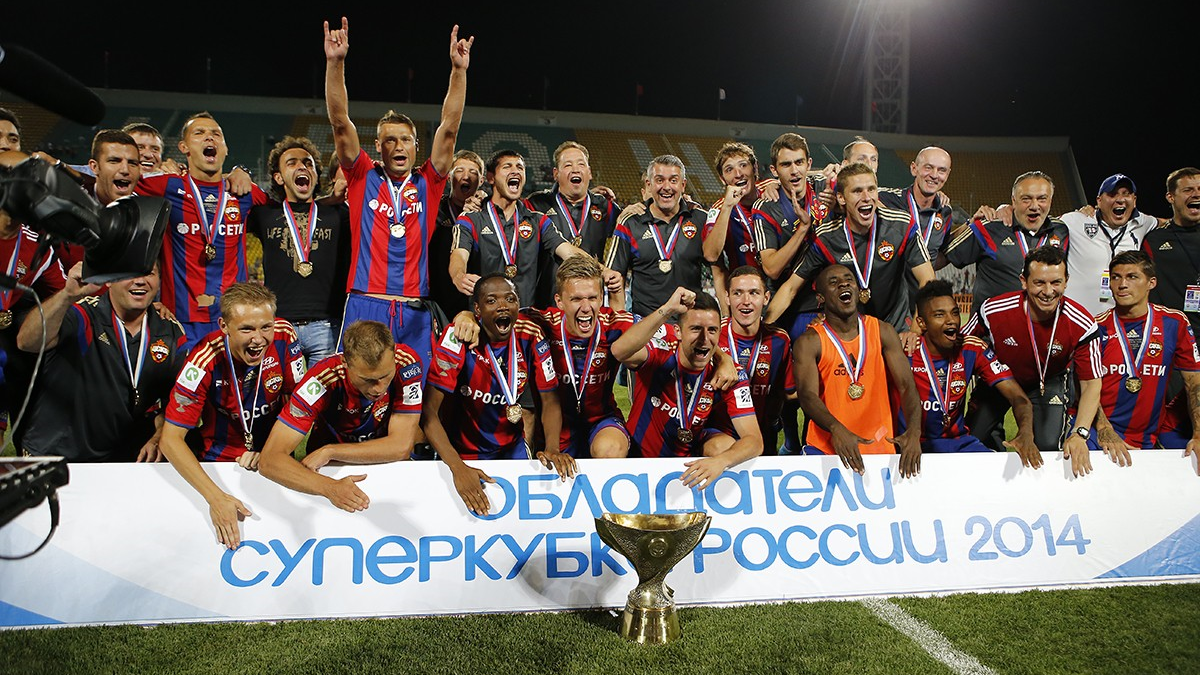
In 2018, CSKA strengthened its lead in tournament wins by winning for the seventh time. Igor Akinfeev played in all their winning matches, to equal former teammate Ignashevich’s record of seven Super Cup wins. The victory over Lokomotiv was memorable for two more CSKA players: Khetag Khosonov scored his first - and only - goal at professional level in extra time, and head coach Viktor Goncharenko won his first and only Russian trophy to date.
The Super Cup is not complete without Moscow
The first three Super Cups were played at the Lokomotiv Arena (then it was the most modern in the country), after which the season curtain raiser was hosted in the Luzhniki until 2010. Then the journey around the country began. From 2011 to 2015, it was played in Krasnodar twice, once in Samara, Rostov and St. Petersburg, but then returned to the capital, and only in 2018, Lokomotiv and CSKA played in Nizhny Novgorod.
Moscow teams are regular participants of the tournament. Only in one season did both teams competing for the trophy hail from outside the capital region; in 2012, Rubin beat Zenit thanks to goals from Salvatore Bocchetti and Vladimir Dyadyun. In all other matches, there was at least one Moscow team. The upcoming match also follows this pattern.
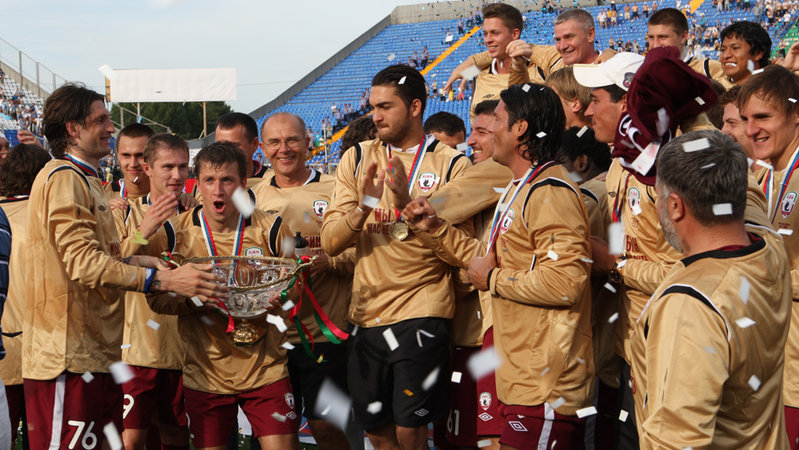
The most common clash
The match between Zenit and Lokomotiv at the VEB Arena will be the fourth in the history of the Super Cup, making it now the most popular matchup in the tournament’s history. Zenit have met CSKA three times, the same number of times the Armymen have played against Spartak.
In March 2008, Zenit beat Lokomotiv 2-1 at the Luzhniki, and in July 2015, St Petersburg won at their home ground of the Petrovsky following a penalty shootout. The Railwaymen won back in July 2019 in the capital’s Petrovsky Park. Sardar Azmoun's two goals were answered with a goal by Fedor Smolov and a double by Aleksey Miranchuk. Before the Iranian forward and Russian midfielder, only CSKA players - the aforementioned Jo (2007) and Keisuke Honda (2013) - had scored doubles in the Russian Super Cup. There have been no hat-tricks in the history of the tournament.
The victory at VTB Arena in 2019 made Yury Semin the most successful Super Cup manager, as he became the only three-time winner. His replacement at Lokomotiv, Marko Nikolic, despite titles in different countries, has never participated in equivalent Super Cups. He left Partizan Belgrade in Serbia immediately after the 2016/17 championship-winning season, and when Fehervar won the Hungarian championship (2017/18) and the Hungarian Cup (2018/19), such a tournament was no longer held.
Sergey Semak has already completed a unique RPL achievement as the first to win the league as a player and head coach, but he is yet to win the Super Cup as a manager. He won the trophy three times as a player (with CSKA, Rubin and Zenit), and then won only as an assistant to Andre Villas-Boas and Mircea Lucescu in 2015 and 2016. On 7 August, one of the managers will win the Russian Super Cup for the first time.
Photo: Konstantin Rybin/RPL

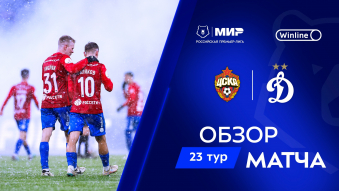



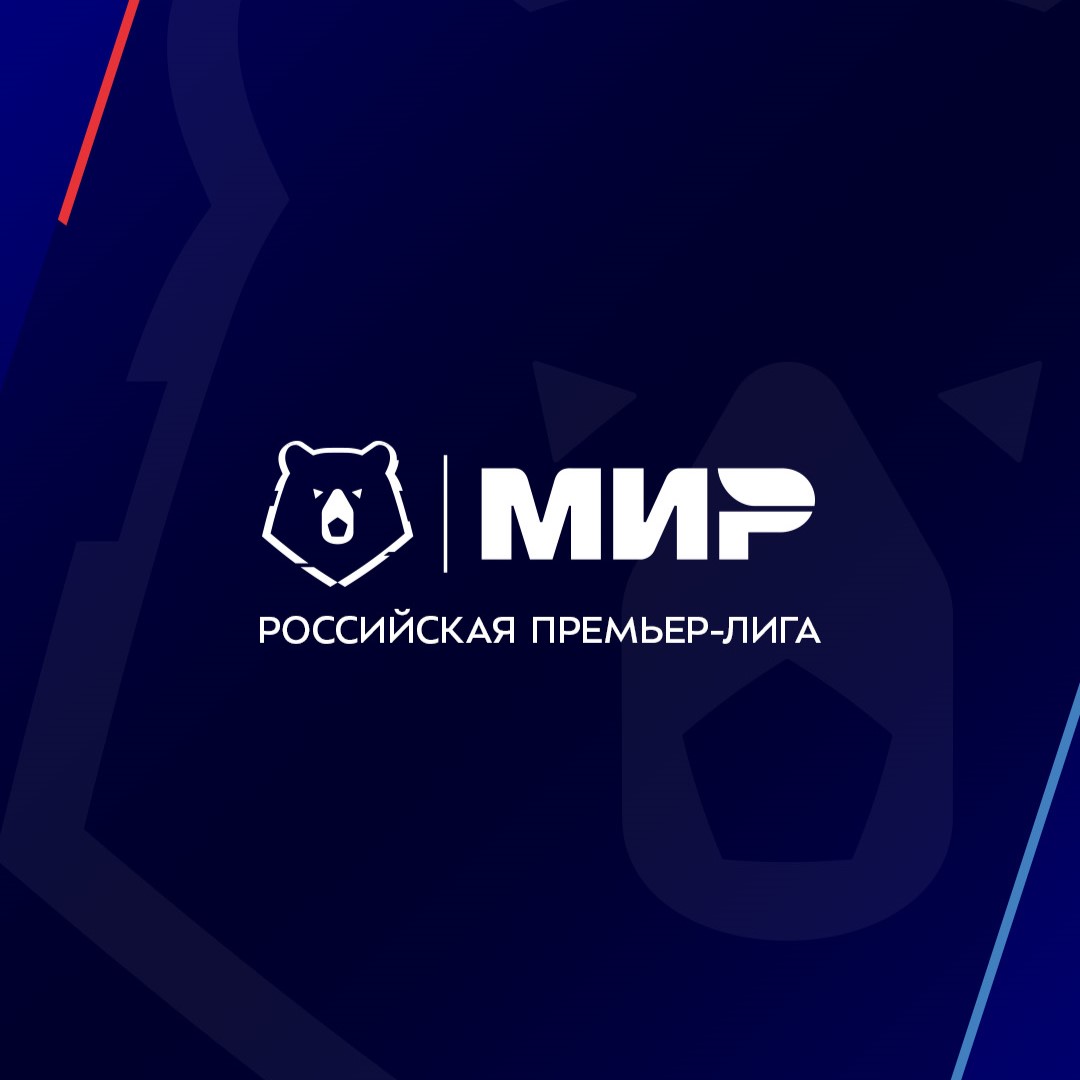
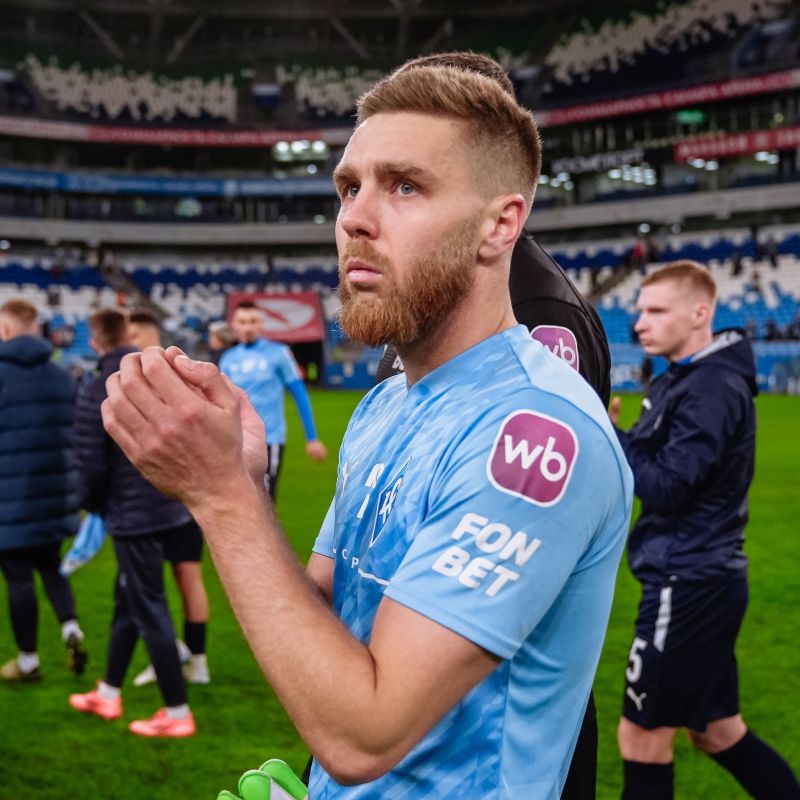
Обратная связь
Вы можете обратиться в РФПЛ с интересующим Вас вопросом или оставить сообщение (пожелание, замечание). Также вы можете сообщить имеющиеся у вас сведения о "договорных" матчах.